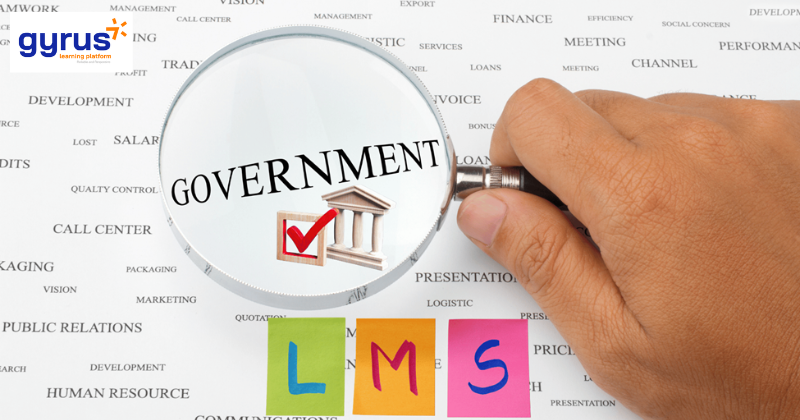Automated compliance is transforming how pharmaceutical, biotech, and healthcare organizations in the U.S. manage increasingly complex regulatory demands. In a sector where accuracy, documentation, and data integrity are critical, life sciences companies face mounting challenges in meeting FDA and GxP standards.
Manual compliance processes introduce risk—missed deadlines, human error, and audit failures. The solution? A Learning Management System (LMS) built to support training, documentation, and monitoring while reducing regulatory burden and ensuring readiness.
The Growing Compliance Burden in U.S. Life Sciences
From research and development to manufacturing and distribution, U.S.-based life sciences organizations must navigate rigorous oversight, including FDA 21 CFR Part 11 and GxP requirements. The pace of change is rapid—and keeping up is vital.
Key compliance challenges include:
An LMS designed with life sciences in mind helps streamline these processes, reduce error, and improve operational efficiency—ensuring organizations stay compliant and audit-ready.
Take the First Step Toward a More Productive Workforce
The right LMS can be a game-changer for your employees and your bottom line. Find the perfect solution today!
How an LMS Streamlines Compliance and Research
A corporate LMS transforms regulatory training and documentation management. By automating manual tasks, tracking employee progress, and maintaining verifiable training records, LMS platforms support compliance while freeing up valuable time and resources.
1. Automated GxP Compliance
GxP training is fundamental in life sciences. An LMS ensures timely assignment and completion of required training, with recertification reminders and audit-ready logs built into the system.
2. Streamlined Onboarding for New Hires
A virtual onboarding checklist ensures new employees are trained on relevant SOPs and regulations from day one—minimizing gaps and delivering consistent training across the organization.
3. Integration with Compliance and Quality Systems
Today’s LMS platforms integrate with quality management and compliance systems, enabling real-time tracking, audit support, and consistent alignment with internal and external regulatory requirements.
4. AI-Powered Alerts and Monitoring
Modern LMS platforms now include AI-driven compliance tools that monitor certification status, flag overdue training, and alert managers to gaps—helping organizations proactively maintain compliance.
Key Benefits of LMS-Driven Compliance Automation
✔ Agile Response to Regulatory Changes
As FDA regulations evolve, LMS administrators can quickly update training content and policies, ensuring teams stay aligned and compliant without disruption.
✔ Centralized, Digital Recordkeeping
Training histories, certifications, and compliance reports are securely stored and easily accessed—eliminating paper trails and manual systems.
✔ Remote and Cloud-Based Access
A cloud-based LMS provides anytime, anywhere access, which is especially valuable for hybrid teams, field researchers, and distributed facilities.
✔ Automated Quality and Document Control
LMS features like document version control, SOP updates, and training validation form a solid foundation for quality-driven operations.
More Than Compliance: LMS as a Tool for Digital Transformation
The benefits of an LMS go beyond regulatory compliance. For U.S. life sciences companies aiming to stay competitive and future-ready, digital transformation is essential.
Top advantages include:
Ready to Improve Employee Productivity?
Learn how the right LMS can drive engagement, skill development, and long-term success for your business.
The Future: AI and Compliance Automation in Life Sciences
As regulatory complexity grows, the future lies in AI-driven automation. Leading LMS platforms now analyze compliance data, surface insights, and guide informed decision-making.
These platforms support:
With this level of insight, organizations can move from reactive to proactive compliance strategies—protecting both operations and brand reputation.
Say Goodbye to Inefficient Training Methods
Traditional training is outdated and costly. Find out how an LMS can revolutionize learning and supercharge your team’s performance.
Conclusion: Simplify and Strengthen Compliance with LMS
The U.S. life sciences industry must continually adapt to regulatory pressure while driving innovation. Manual methods can’t keep up.
An LMS purpose-built for compliance delivers:
By investing in the right LMS, life sciences organizations can reduce compliance risk, improve operational efficiency, and build a foundation for long-term success.
Looking to simplify compliance in your organization?
Discover how GyrusAim LMS supports automated training, validation, and audit readiness—Book a demo today.
Frequently Asked Questions





